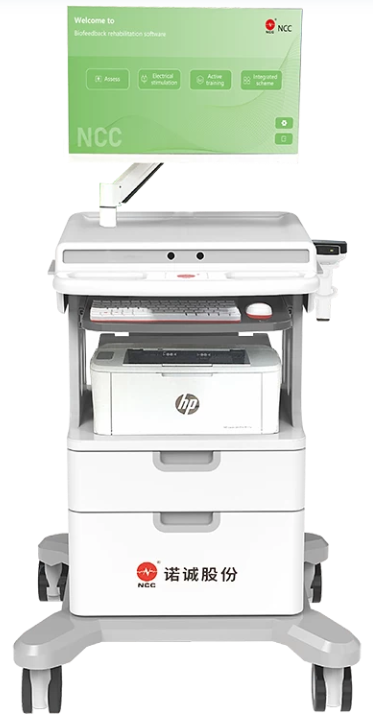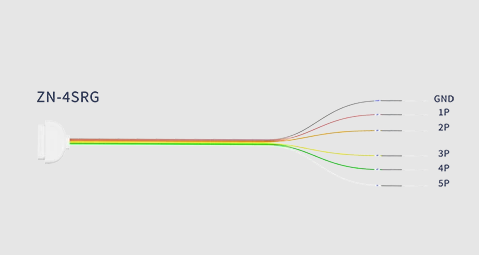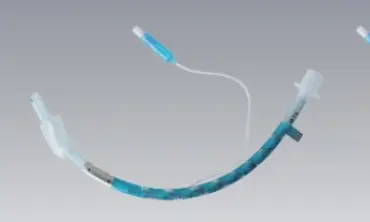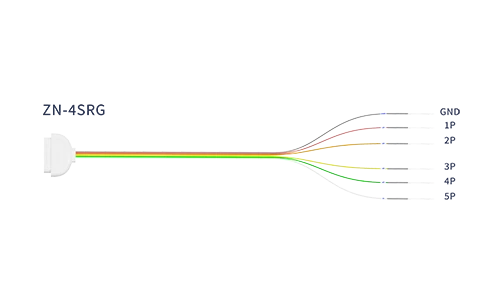Understanding Biofeedback Systems: A Comprehensive Overview
Biofeedback systems are innovative tools that help individuals gain awareness and control over physiological functions through real-time feedback. These systems have gained popularity in various fields, including healthcare, psychology, sports performance, and wellness. At NCC, we specialize in advanced biofeedback technology that empowers users to improve their health and performance. This article will provide a comprehensive overview of biofeedback systems, their key features, applications, and benefits.

What is Biofeedback?
Biofeedback is a technique that teaches individuals how to control physiological processes by providing real-time feedback on bodily functions. This feedback can include heart rate, muscle tension, skin temperature, and brain wave activity. By using sensors to monitor these functions, biofeedback systems help users understand their body's responses to stressors and develop strategies for self-regulation.
How Biofeedback Works
Biofeedback systems typically consist of sensors that measure physiological signals, a display unit that provides real-time feedback, and software that analyzes the data. Users receive immediate information about their physiological state, allowing them to make adjustments consciously. For example, if a user sees that their heart rate increases during stress, they can practice relaxation techniques to lower it.
Key Features of Biofeedback Systems
When considering a biofeedback system, it's essential to look for specific features that enhance its effectiveness:
1. Multi-Channel Capability
Many modern biofeedback systems offer multiple channels for monitoring different physiological parameters simultaneously. For instance, a system may track heart rate variability (HRV), muscle tension through electromyography (EMG), and skin conductance all at once. This comprehensive approach provides a more holistic view of the individual's physiological state.
2. User-Friendly Interface
A user-friendly interface is crucial for effective use. Look for systems with intuitive controls and clear displays that make it easy for users to navigate through different settings and monitor their progress.
3. Customizable Protocols
The ability to customize treatment protocols is vital for tailoring biofeedback sessions to individual needs. A good biofeedback system should allow practitioners to create personalized programs based on the user's specific goals and conditions.
4. Data Storage and Analysis
Advanced biofeedback systems come equipped with robust data storage capabilities. They should be able to save user sessions and analyze trends over time, helping both practitioners and users track progress and make informed decisions about treatment adjustments.
5. Real-Time Feedback
The effectiveness of biofeedback relies on immediate feedback. Systems should provide real-time data visualization, allowing users to see how their physiological responses change in response to different techniques or interventions.
6. Integration with Other Therapies
Biofeedback can be most effective when integrated with other therapeutic modalities such as cognitive-behavioral therapy (CBT), physical therapy, or mindfulness practices. Look for systems that support integration with other treatment approaches.
Applications of Biofeedback Systems
Biofeedback systems have diverse applications across various fields:
1. Healthcare
In clinical settings, biofeedback is used to treat conditions such as anxiety disorders, chronic pain, migraines, hypertension, and gastrointestinal issues. By helping patients learn self-regulation techniques, biofeedback can enhance treatment outcomes.
2. Psychology and Mental Health
Therapists use biofeedback to assist clients in managing stress and anxiety levels. It can also be beneficial in treating post-traumatic stress disorder (PTSD) by helping individuals regain control over their physiological responses.
3. Sports Performance
Athletes utilize biofeedback systems to optimize performance by monitoring physiological parameters like heart rate and muscle tension during training sessions. This information allows them to fine-tune their techniques for better results.
4. Wellness and Lifestyle Improvement
Biofeedback can promote overall well-being by teaching individuals how to manage stress effectively, improve sleep quality, and enhance relaxation techniques.
Benefits of Using Biofeedback Systems
1. Enhanced Self-Awareness: Biofeedback helps individuals become more aware of their physiological responses, leading to better self-regulation.
2. Improved Health Outcomes: By learning how to manage stress and anxiety levels effectively, users can experience improved physical health.
3. Empowerment: Biofeedback empowers individuals by giving them tools to take control of their health and well-being.
4. Non-Invasive Treatment: Biofeedback is a non-invasive approach that can complement traditional medical treatments without the need for medication.
5. Personalized Approach: The ability to customize protocols ensures that each user receives tailored support based on their unique needs.
Conclusion
Biofeedback systems represent a powerful tool for improving health and performance across various domains. At NCC, we are dedicated to providing advanced biofeedback solutions that empower users to take charge of their physiological responses effectively. Whether in clinical settings or personal wellness journeys, our technology supports individuals in achieving their health goals through enhanced self-awareness and control.
If you are interested in learning more about our biofeedback products or how they can benefit you or your practice, feel free to contact us at NCC! Let us help you harness the power of biofeedback technology for better health outcomes!

 中文
中文 Arabic
Arabic Spanish
Spanish Hindi
Hindi French
French Indonesian
Indonesian Portuguese
Portuguese Persian
Persian Russian
Russian Korean
Korean German
German Vietnamese
Vietnamese Turkish
Turkish



